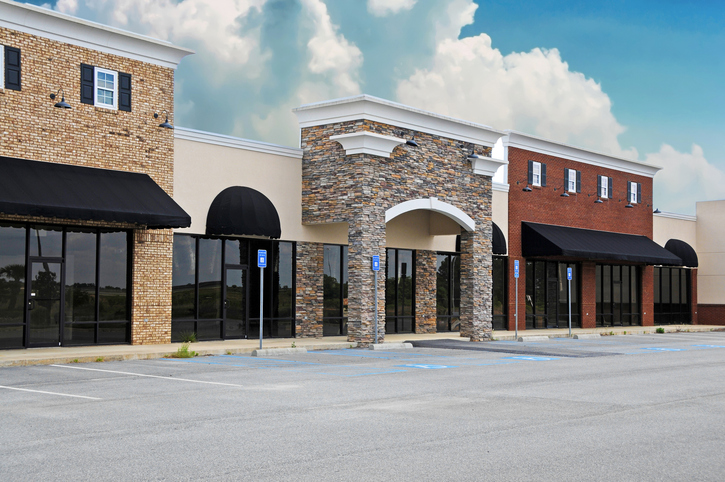To say the commercial real estate market is foundering would be an understatement. Unfortunately, the words “crisis” and “bloodbath” would be more accurate, and there is no telling when the CRE market will recover from its current position. ATTOM’s most recent report shows that commercial foreclosures nationwide rose by 6% from last month and an eye-popping 117% from last year; however, statistics in many states are far more worrisome. There were 187 commercial foreclosures in California in March 2024 alone, representing a 400% increase from last year. Commercial foreclosures in New Jersey rose 133% year-on-year, while Texas commercial foreclosures are 129% higher than last year. Foreclosures in Florida are up 107% from last year, while New York foreclosures have increased by 65% year-on-year.
Office real estate’s huge drop in value is largely responsible for the current crisis. As of December 2023, office space accounted for 41% of all distressed properties. As real estate investor and Starwood Capital CEO Barry Sternlicht points out, this real estate sector is a $3 trillion asset class that’s lost over 33% of its value. San Francisco offices are worth 35% less than they were in 2019. Office space in Washington has lost 17% of its value in the same time period, while the value of Seattle office space has decreased by 15%. In St. Louis, an office building that sold for $205 million in 2006 recently sold for a mere $3.6 million, almost 2% of the original price.
Unfortunately, the fall of the office space sector doesn’t just affect one class of commercial real estate. Vacant office buildings don’t supply the steady stream of potential customers that downtown retailers, eateries, and other vendors need in order to stay in business. As the 2023 INRIX Return to Office report recently found, 18 out of 20 downtown areas in the United States have seen a decrease in vehicular traffic since COVID-19. Economists are already expressing concern that the trend could lead to a “doom loop.” Retail CRE would be affected, as would other commercial buildings that rely on downtown traffic. This would affect city revenues, as fewer businesses would result in a decrease in tax revenue and thus a decrease in the service a city can offer its residents. City residents who no longer wish to live in an area with boarded-up downtown buildings and limited local assistance would leave for greener pastures, leading to even less demand for medical, educational, entertainment, and other services.
Lenders who financed CRE purchases are also being hard-hit by the current CRE crisis. Over $1 trillion in CRE loans will mature by the end of 2024 and at least some investors are more likely to walk away from their assets than they are to try to extend a loan on a commercial building that is rapidly losing value. While some lenders may be able to stay afloat, others will surely sink. FED Chair Jerome Powell admitted as much during his testimony on Capitol Hill last month, dismissively stating that “there will be bank failures, but not the big banks.” This isn’t surprising as small and mid-size banks hold over 67% of all outstanding CRE loans. However, he failed to note that even small and mid-size bank failures will have a huge, outsize effect on the U.S. economy, making it difficult if not impossible for new business owners to obtain needed financing and struggling businesses to obtain the credit they need to stay afloat.
Finger-pointing abounds as the magnitude of the CRE crisis becomes increasingly apparent. Some say it’s the natural consequence of QE as investors moved en masse from safe assets into commercial real estate. The COVID-19 lockdowns get a lot of blame for accelerating the move from offices to virtual and hybrid work set-ups. Rising interest rates are also exacerbating the crisis as CRE investors are no longer able to obtain low-interest loans. However, one thing that can be said for certain is that the current CRE crisis is likely to persist long-term, leading to further rises in CRE foreclosures across multiple sectors.
Have questions?
If you or someone you know has questions about the current foreclosure climate, we’d be happy to answer your questions:
(818) 591-9237

